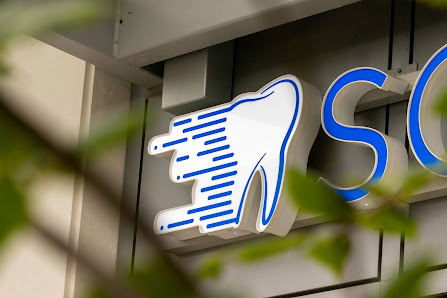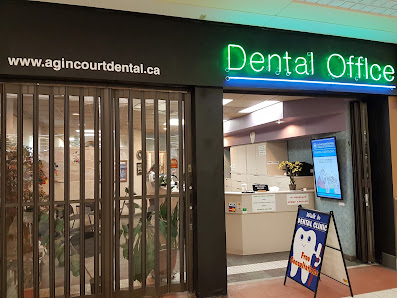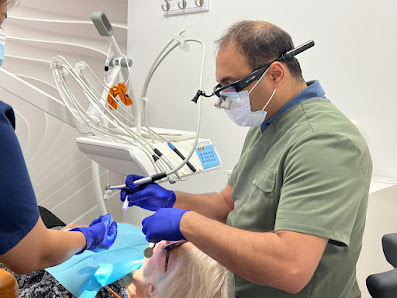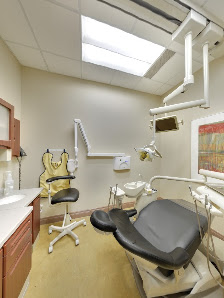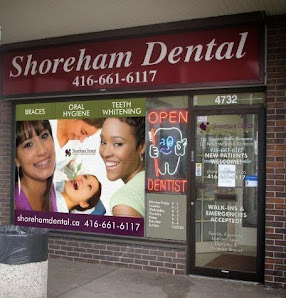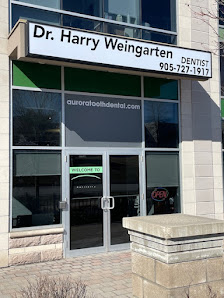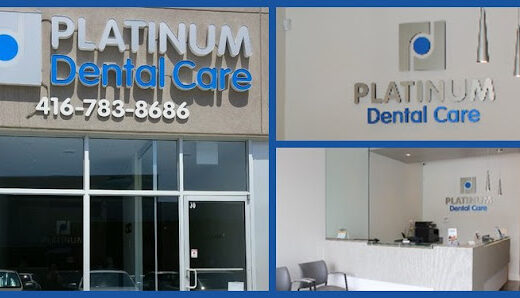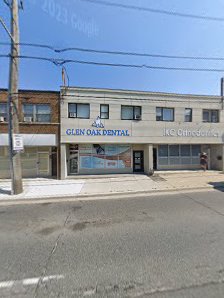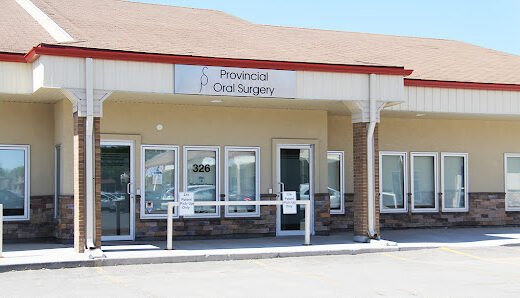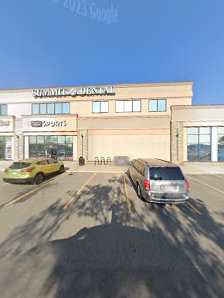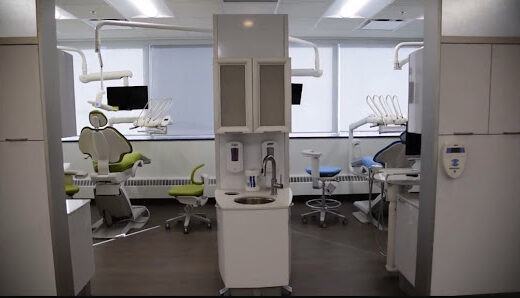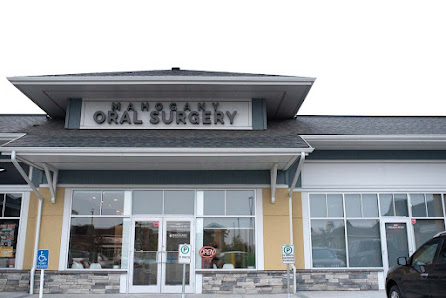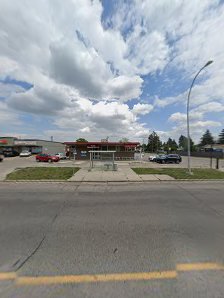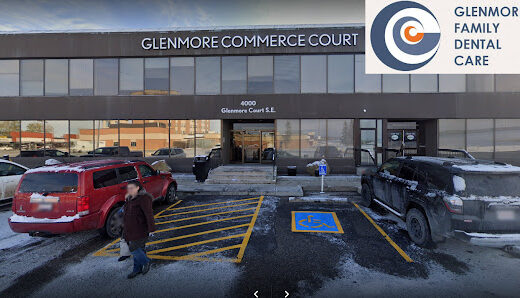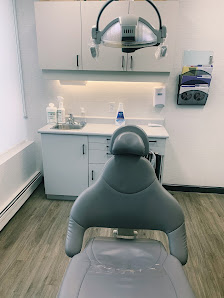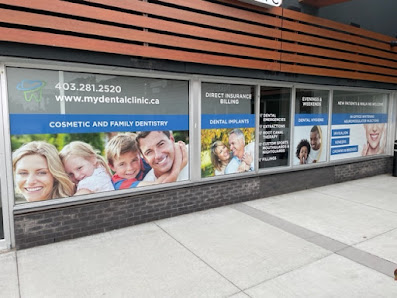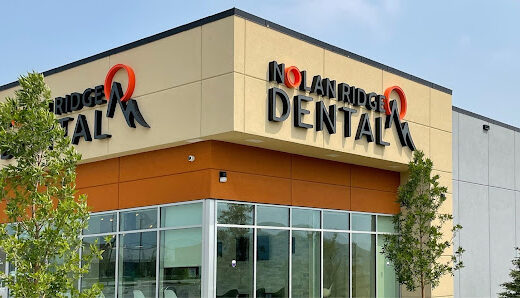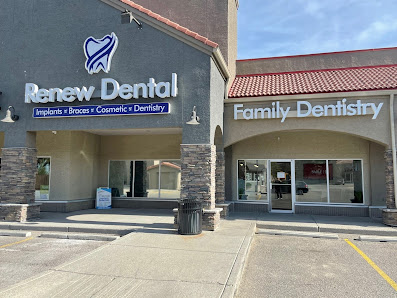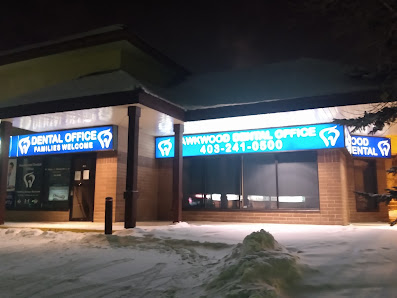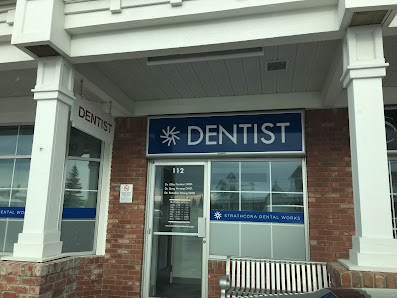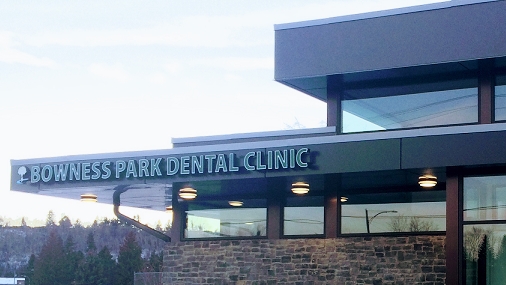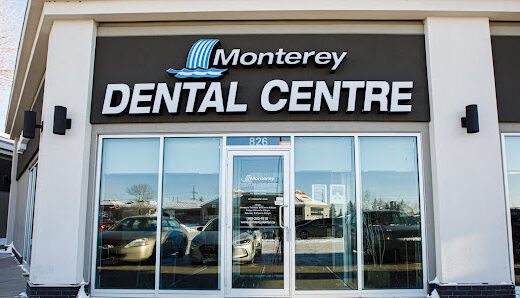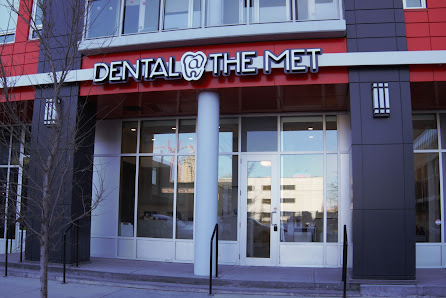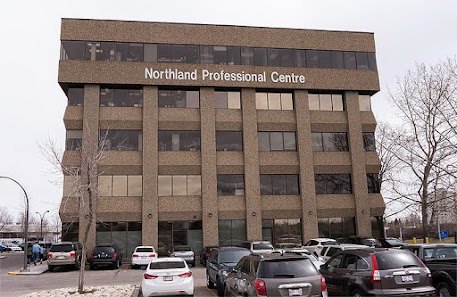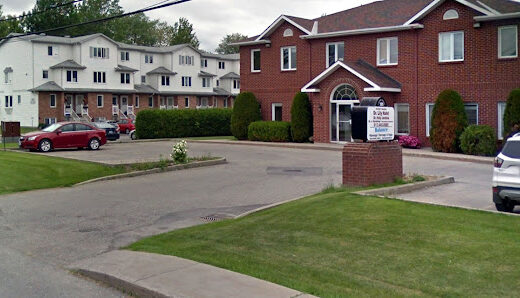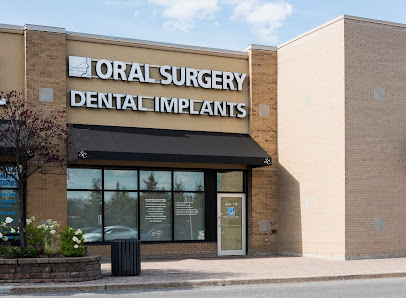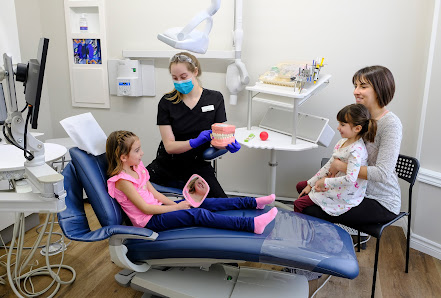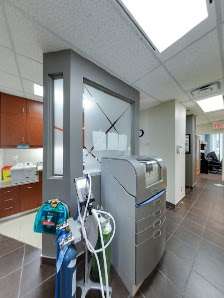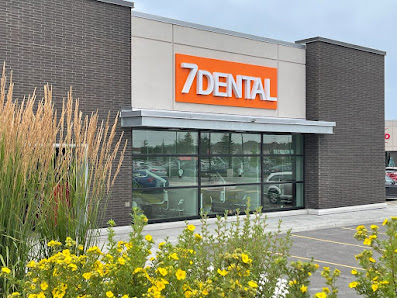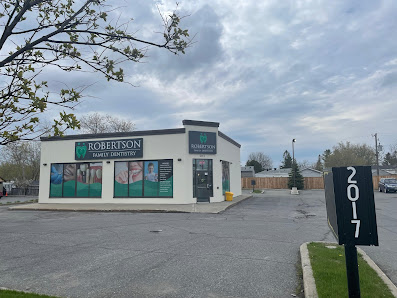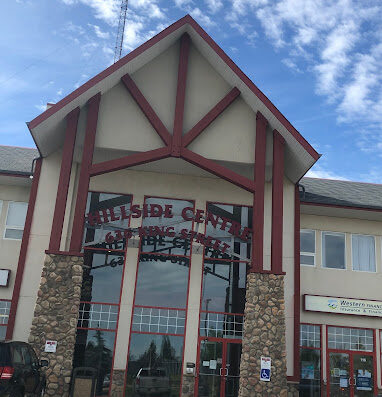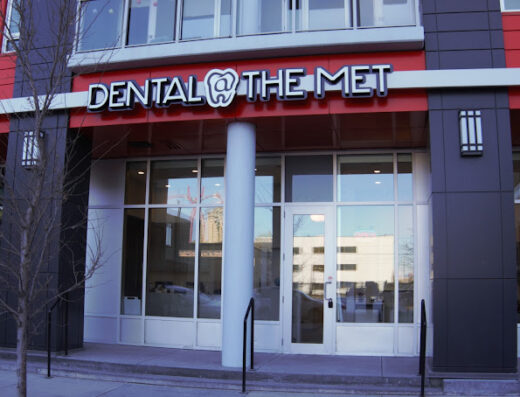Welcome to our comprehensive guide on dental trauma. Dental trauma can occur from various incidents, including accidents, sports injuries, or even minor mishaps. Understanding how to manage these situations is crucial for preserving your dental health. Our page provides a detailed dental trauma guide to help you navigate this challenging situation and connect with local clinics equipped to handle your needs.
Dental trauma encompasses a range of injuries, from chipped teeth to severe fractures. Knowing the causes of dental trauma and having access to the proper emergency care can significantly impact your recovery. Dental Near You offers valuable resources and lists clinics that utilize the CDCP (Canadian Dental Care Plan) plan, ensuring you receive the highest standard of care.
Are you dealing with a dental injury and unsure where to turn? Are you curious about how local clinics can assist with your dental trauma? Explore our listings to find trusted professionals near you. Let us help you get the immediate care you need to restore your dental health.
What is Dental Trauma?
Dental trauma refers to any injury to the teeth, gums, or surrounding structures caused by an external force. This can include broken teeth, dislodged teeth, or other injuries that affect dental health. Understanding the dental trauma meaning is essential for recognizing the severity and seeking appropriate treatment.
Causes of Dental Trauma
Various factors contribute to dental trauma. Common causes of dental trauma include sports injuries, accidents, and falls. In children, trauma can result from playground incidents or dental accidents. Identifying these causes helps in prevention and effective treatment.
Finding the Right Dental Trauma Center
When experiencing dental trauma, locating a specialized dental trauma center can make all the difference. Our dental trauma guide assists in finding clinics that offer specialized care for these emergencies. These centers are equipped with the expertise and resources needed to address your specific needs.
Treatment and Recovery
Treatment for dental trauma varies based on the type and severity of the injury. Options may include restorative procedures, emergency care, or follow-up visits to ensure proper healing. Our guide offers information on what to expect and how to manage recovery effectively.
Conclusion
In conclusion, dental trauma requires prompt and effective care to prevent long-term damage and ensure a swift recovery. Our guide to dental trauma provides a thorough overview of what constitutes dental trauma, its causes, and how to find the proper treatment. By exploring the resources available and understanding the nature of dental injuries, you can make informed decisions about your care.
Reflecting on the information provided, it’s clear that having access to a reliable dental trauma guide and nearby clinics is essential for managing these emergencies. Whether it’s through preventive measures or immediate care, addressing dental trauma effectively can help you maintain optimal dental health. For more personalized assistance, consult local professionals listed on our site who are prepared to handle various dental trauma scenarios.
Frequently Asked Questions About Dental Trauma
1. What should I do immediately after experiencing dental trauma?
Rinse your mouth with warm water, apply a cold compress to reduce swelling, and seek immediate dental care. It’s essential to get professional help as soon as possible.
2. How can I prevent dental trauma during sports activities?
Wear appropriate mouthguards and protective gear to minimize the risk of injury during physical activities and sports.
3. What are the signs that dental trauma requires urgent care?
Severe pain, significant tooth displacement, bleeding, or a broken tooth all indicate that you should seek urgent dental care.
4. Can dental trauma lead to long-term dental issues?
Yes, untreated dental trauma can lead to complications such as tooth loss, infection, or misalignment. Prompt treatment helps prevent these issues.
5. Are there different types of dental trauma?
Yes, dental trauma includes a variety of injuries, such as chipped teeth, cracked teeth, dislodged teeth, and damaged gums. Each type requires specific treatment approaches.
© All Rights Reserved. DNU



